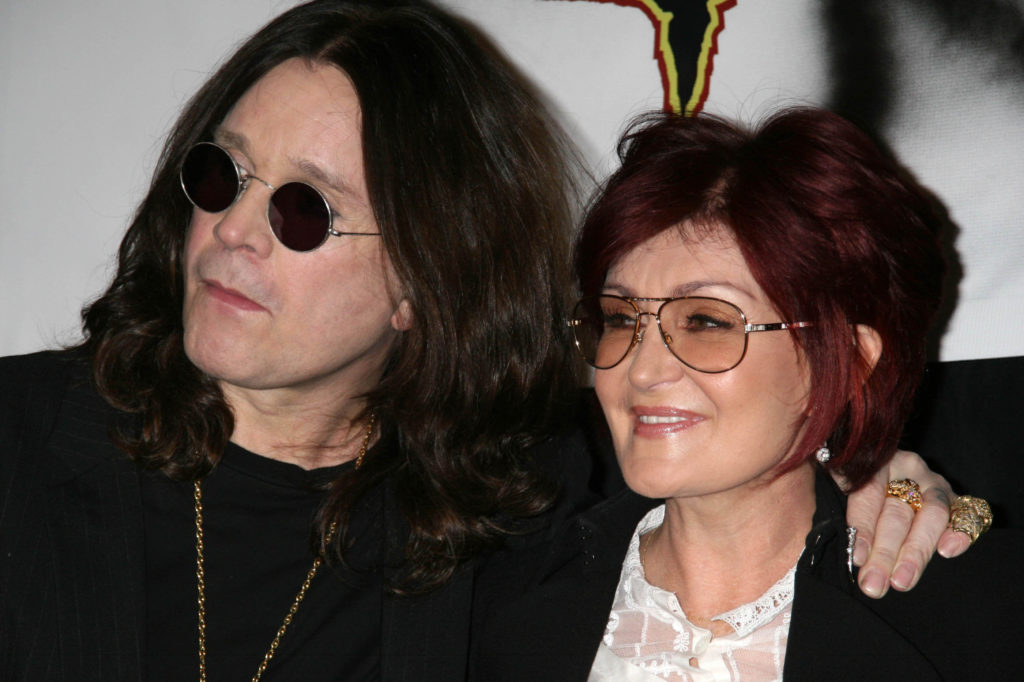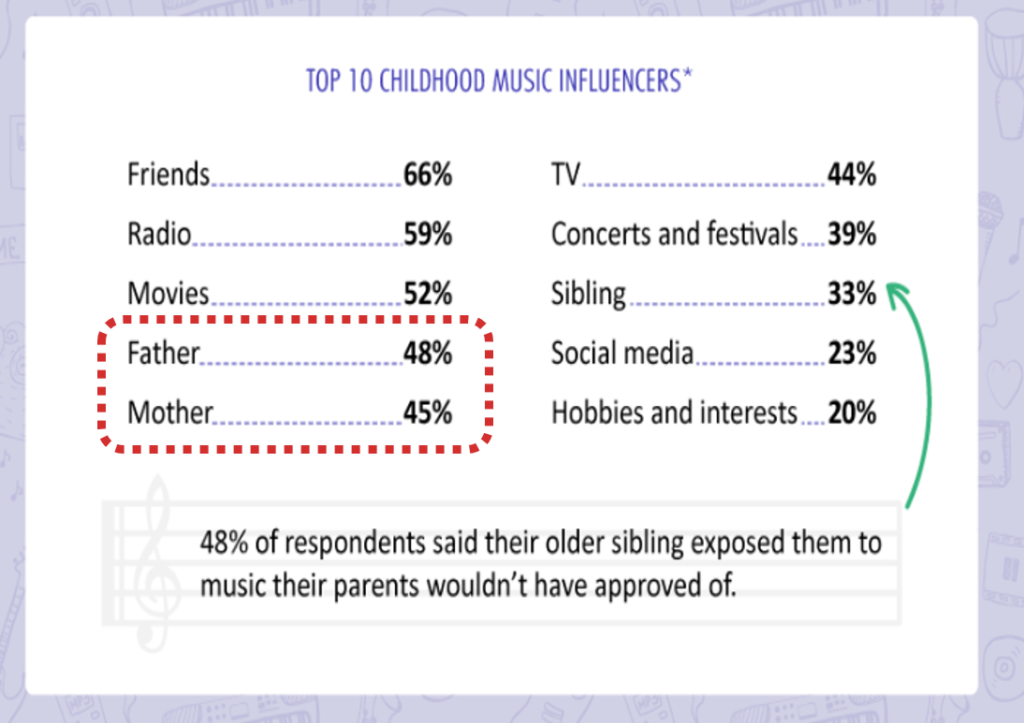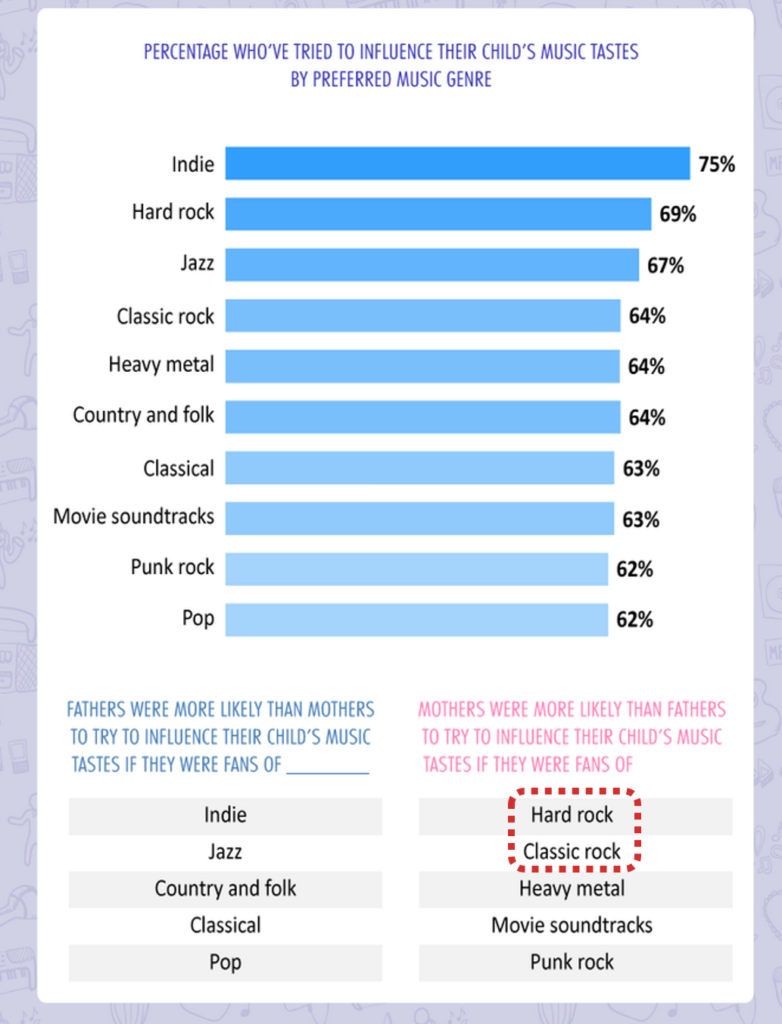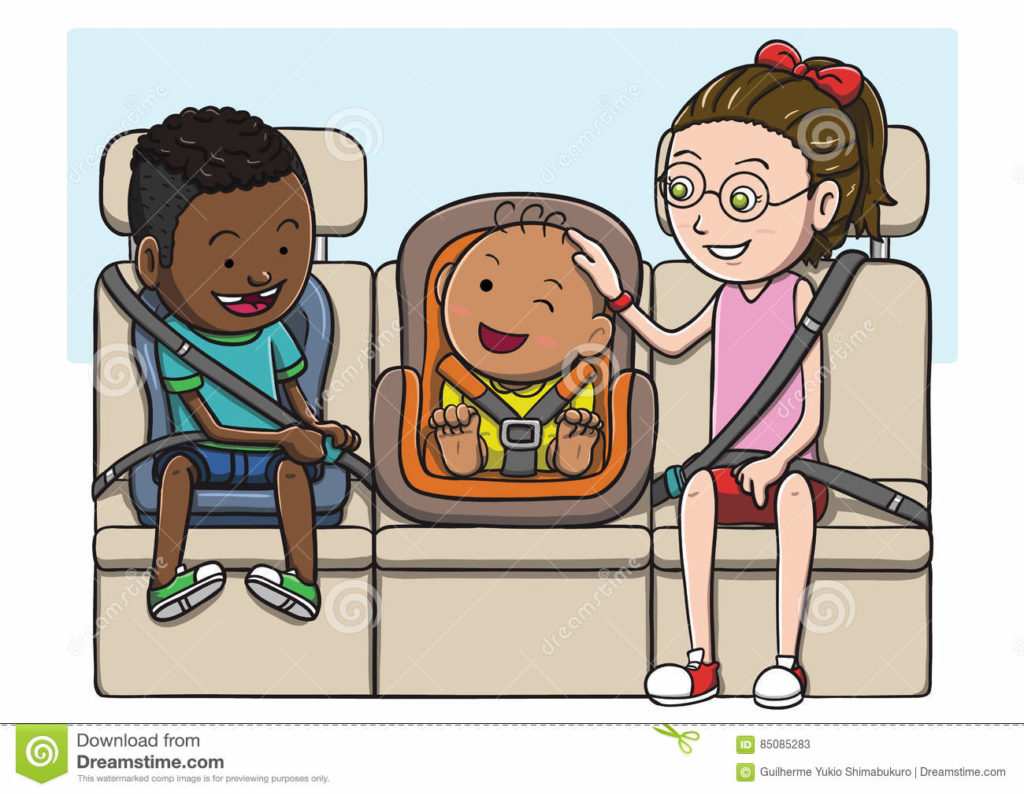
It’s always a bit of a “rabbit hole” journey each week when I pluck out a JacoBLOG “oldie” for use on #ThrowbackThursday.
My MO has been to look for suitable throwback posts from the same month we’re in now – but from an earlier year. And my somewhat shaky premise was to go back to March 2020. That’s right – the month the COVID pandemic rapidly change our lives.
But I really didn’t want to make you endure a scary Coronavirus post in those early days before anyone had a clue about what we were really in for. Instead, I wanted to just dig out a 4 year-old post that was simply a reflection of what I was thinking about back then.
And with today’s #TBT post, I’ve hit goal. It’s a fun one about music and who influences our tastes. It’s become a psychological cliché to blame one’s parents for pretty much everything that’s gone wrong with us.
But when it comes to our taste in music, this post is on point. – FJ
March 2020
If you’ve spent any time conducting or analyzing music research, you’ve learned – perhaps the hard way – that tastes in genres and artists can be as individual as one’s fingerprints.
Despite the ways in which hit music has been selected, marketed, and exposed over time, we all have a different musical DNA. One of the reasons why mainstream radio has been so successful for so many decades, however, is that most people’s tastes can be common-threaded.
 Think of the listening audience as a complex Venn diagram where preferences are contained in circles. At the point where most of them intersect is where format radio lives and why it works. While we may all have massively different ideas about what is good music, most of us agree on a body of music that is appealing.
Think of the listening audience as a complex Venn diagram where preferences are contained in circles. At the point where most of them intersect is where format radio lives and why it works. While we may all have massively different ideas about what is good music, most of us agree on a body of music that is appealing.
But where do our music tastes come from? How have we been influenced by other people in our lives or by media like radio stations, video games, or movies, or does it boil down to ways in which we came pre-wired from the “factory?”
Those were the questions the online ticket marketplace TickPick recently tried to tackle in a recent research study conducted among 1,000 or so respondents using the Amazon Mechanical Turk platform. Roughly half the sample was comprised of parents (talking about their experiences with their kids and music), while the other half were people reporting on their “Wonder Years” and how they were exposed to music.
Now, keep in mind the study relies on self-reporting, so that means both parents and people who were once kids are counting on their memories and their perceptions to explain their musical leanings. As we know, that may be a bit flawed. We can’t always articulate how we influence others – and how they’ve influenced us. Still, it’s a fascinating study, raising questions about why some parents are so intent on turning their offspring onto “great music.”
The TickPick study reveals that when people rank their childhood music influencers, “friends” are mentioned by nearly two-thirds. (If George, my dope-smoking college roommate, was actually listed, I’m thinking the numbers would have run higher.)

In a strong second place is “radio,” no surprise to any of us who have plied our craft in this industry. While the medium has lost some of its juice in recent years thanks to the proliferation of other media, a whole lot of music was discovered over most people’s lifetimes from people such as Jim Ladd, Scott Muni, Pierre Robert, Kid Leo, and the scores of other evangelist DJs in hundreds of radio markets around the U.S. and the world.
From there, “movies” is in solid third place, closely followed by good old Dad (48%) and Mom (45%). Interestingly, siblings are well down the list (although TickPick notes how many respondents point to an older bro or sis who exposed them to music that, let’s say, was not green-lighted by the parents). Many of us recall that certain older sibling showing us the zipper on the Sticky Fingers album. But I digress.
The study also tells us something fascinating about the changing parent/child relationship. Nearly two-thirds of the parents in TickPick’s “Music Tastemakers” study (64%) say they’ve tried to influence their kids’ music tastes. That’s a remarkably high percentage of Mom and Dad controlling their children’s music programming.
We’ve seen this phenomenon a lot in Classic Rock settings, where Dads seem more gung-ho about making sure junior is  exposed to Hendrix, Clapton, and the Doors. And oftentimes, this translates to not only hearing the music, but seeing it live – in stadiums, arenas, sheds, and auditoriums.
exposed to Hendrix, Clapton, and the Doors. And oftentimes, this translates to not only hearing the music, but seeing it live – in stadiums, arenas, sheds, and auditoriums.
The family going to see a rock concert together is a phenomenon that just didn’t happen in the ’60s. You wouldn’t have been caught dead with your parents at a Grateful Dead concert. There were no parents at Woodstock. But these days, the entire family can enjoy the Foo Fighters on the one hand, and Elton John on the other.
At some stations in past years, we’ve worked with promoters on the “Take Your Kid To A Classic Rock Concert” deals that are essentially just BOGO – but just packaged differently and more creatively.
But now this TickPick research indicates that while Classic Rock is one of the higher ranked genres when it comes to influencing the kiddies, it turns out Mom may be more apt to be the influencer-in-chief. According to this data, she’s also more likely to emulate Sharon Osborne, pushing the kids to enjoy Hard Rock. Who knew?

Maybe it’s worked. I frequently pore over Nielsen data and perceptual research for Classic Rock stations. And I often marvel at the appeal of the music and these stations among consumers well under the age of 40. They’re listening to music originally released years before they were born. And perhaps much of the credit goes to their vigilant parents, many of whom were insistent they became familiar with Dark Side of the Moon, Tommy, and Abbey Road.
And the results continue to show up in the ratings. A story in Inside Radio today reminds us there are more Classic Rock stations in the U.S. than Alternative, Active, and Mainstream rockers – combined. As Nielsen’s Jon Miller points out, “We know that Classic Rock has been and continue to be a popular format. It’s the biggest rock format if you look at share of audience on a national basis,” continuing “to attract more and more younger audiences.”
The interesting part about those “helicopter parents” hovering around to check out the musical entertainment enjoyed by their kids is that there’s a spoken word piece to this, too. In the past few years, we’ve conducted a great deal of qualitative research on behalf of public radio among Millennials. From focus groups to one-on-ones to ethnographic interviews, we’ve spent considerable time with young people – a major target among public radio stations and networks.
When we ask young people who listen to Morning Edition, Fresh Air, Science Friday, and Wait, Wait…Don’t Tell Me!, more often than not they told us they were a “backseat NPR kid.” Yup, Mom and Dad often had public radio on in the car during commutes to school, soccer practice, and dance lessons. While many of these young people admit public radio sure sounded boring and slow when they were young, they have formed a deep appreciation of these stations – what they program and what they stand for.
And many credit their parents with exposing them to what is rapidly becoming broadcast radio’s most listened to news/talk programming in market after market.

And this was no accident. Back in 2011, NPR sought to capitalize on this phenomenon by creating the “Backseat Book Club,” a suggested reading list of great books for kids. They could read them while All Things Considered played on the radio while they were being schlepped home after school.
If one of your roles is being a parent (a job you never retire from, by the way), you’ve probably come to the realization your influence on your kids was even greater than you may have thought.
Yes, Ozzy and Sharon – even you.
You can see details on TickPick’s “Music Tastemakers” study and check out their infographics here.
- For Radio, Where Does Digital Revenue Go From Here? - June 6, 2025
- “My Favorite Decade Of Music Is The __’s” - June 5, 2025
- Who’s Got It Better? Talent In Commercial Radio vs. Talent in Christian Music Radio - June 4, 2025




Leave a Reply